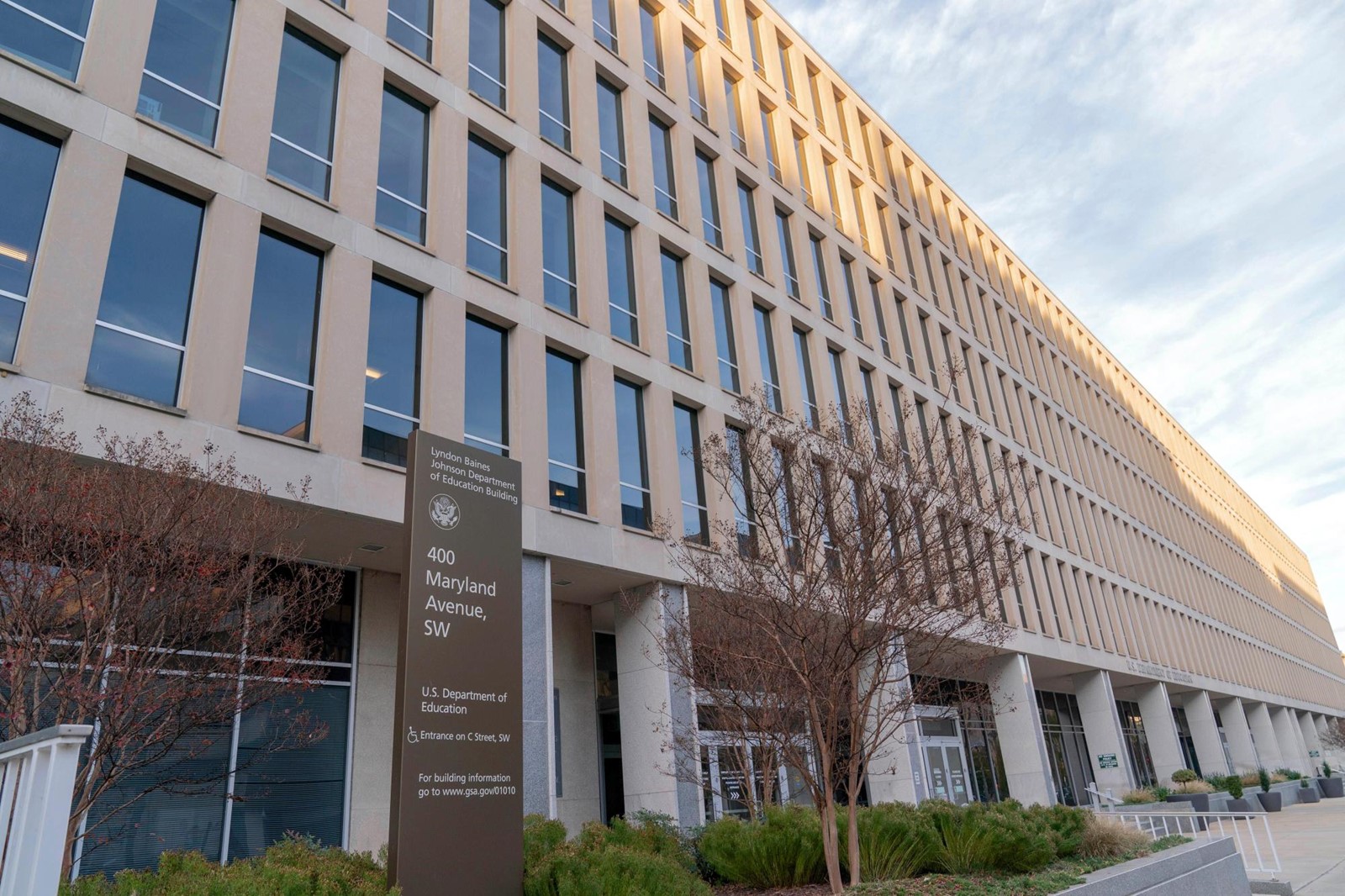
The Trump administration is blocking the release to Michigan of at least $157 million in federal funding that helps support before- and after-school programs, teacher training, as well as services for migrant children and kids learning English.
The Michigan Department of Education confirmed Thursday that it was notified this week by the U.S. Department of Education that it would not release the $157 million appropriated by Congress and signed by President Donald Trump back in March.
The Michigan Department of Lifelong Education, Advancement, and Potential (MiLEAP) also said Thursday it has seen nearly $37 million in federal funding currently delayed from the 21st Century Community Learning Centers program, which funds before- and after-care programs.
The funding is part of $7 billion frozen by the department that states and school districts had expected to receive by July 1. State Superintendent Michael F. Rice said the move is hurting students in Michigan and across the country.
“Based on past practice, local school districts were rightly counting on this approved funding by July 1 for programs to support migrant education, services for English learners, staff professional development, before- and after-school programs and academic enrichment,” Rice said in a statement.
“These federal dollars support some of our most economically disadvantaged and vulnerable students. The U.S. Department of Education should provide the approved funding immediately. The Michigan Department of Education is working with colleagues across the country and with legal counsel to reflect upon the adverse impact to students, staff, and schools of this withholding.”
The withheld funds in Michigan include:
•$63.7 million in Title II funds for staff professional development.
•$38.3 million in Title IV-A funds for academic enrichment.
•$36.7 million Title IV-B funds for before- and after-school programs.
•$12.8 million in Title III funds for English learners.
•$5.4 million in Title I-C funds for migrant education.
Kids who qualify for migrant education are eligible if they moved within the last 36 months with an agricultural worker or fisher. The support services are intended to help reduce the educational disruptions and other problems that result when children are repeatedly moved.
A spokesman for the Michigan department said the categories of federal Title funding affected are usually received late by the spring or early summer.
The U.S. Department of Education didn’t immediately respond Thursday to questions from The Detroit News, including when the funding might be released.
The New York Times reported the funds are under review by the U.S. Department of Education, which is “committed to ensuring taxpayer resources are spent in accordance with the president’s priorities.”
Michigan U.S. Rep. Tim Walberg, chairman of the House Education & Workforce Committee, said Thursday that he’s asked the White House Office of Budget and Management for more information.
“It is my understanding that the administration is working to ensure these funds are being used to support students and make sure the civil rights of students and educators are not being violated within these programs,” Walberg said in response to an inquiry from the News.
“However, these funds were appropriated by Congress, and it is important that all funds Congress appropriated be promptly distributed.”
U.S. Sen. Patty Murray, a Democrat from Washington state and vice chair of the Senate Appropriations Committee, demanded the Trump administration promptly release the funding for K-12 schools, noting that officials are blocking the money weeks away from the start of the new school year.
“Local school districts can’t afford to wait out lengthy court proceedings to get the federal funding they’re owed — nor can they make up the shortfall, especially not at the drop of a pin,” Murray said in a statement.
“Every day that this funding is held up is a day that school districts are forced to worry about whether they’ll have to cut back on afterschool programs or lay off teachers instead of worrying about how to make sure our kids can succeed.”


 PREVIOUS ARTICLE
PREVIOUS ARTICLE
